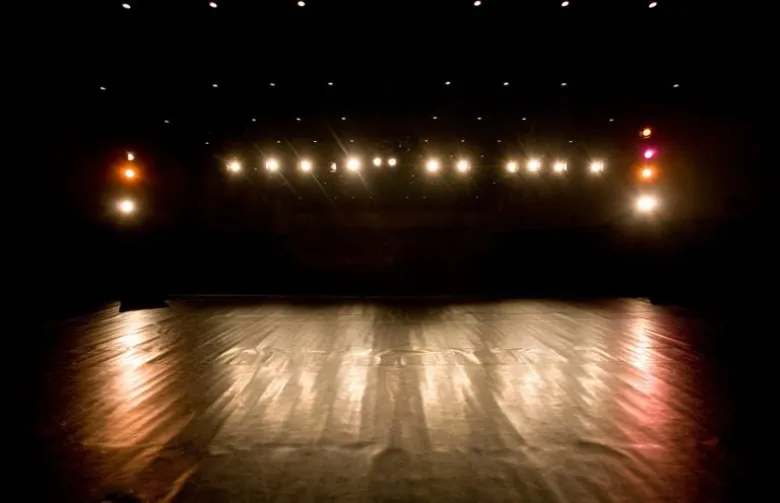I remember a conversation I had with one of my friends, sometime in my 200 level. We were just talking about school and how overwhelming it had been. Amidst the talk, she remarked, “Wait! How’s it stressful? I thought you guys only did dancing”. I couldn't be angry at her, as I saw innocence in her voice, though, like a child’, it was also clouded by ignorance.
As theatre artists, we get comments like this a lot. Perhaps, this ‘dance-stereotype’ is unique to Nigerian theatre arts students , nevertheless, theatre artists face one stereotype or another.
Many believe theatre artists lack academic rigour or overemphasize entertainment at the detriment of education. One popular opinion is that theatre arts shouldn't be an academic study, but rather a hobby or at best, extracurricular. This same school of thought are those that feel anyone can do theatre.
But, guess what? The art called theatre is one rich in history and principles that guide every action in its entirety.
If it's only one message you receive, let it be that theatre is not as painted by the mouths of distant observers.
Behind the curtains are unseen sweats, practical skills in design, technology and management, in addition to multiple theories applied for the presentation of any production. This ‘hobby’ however requires expertise— critical skills as listed, that can be applied in any field. And it is beyond academic knowledge. It transcends to life skills.
One lesson the theatre has taught me is how to effectively communicate and work with people with views different from mine.
The truth of the matter is that theatre arts teaches practicality and pragmatism in contrast to the overly idealistic nature of academics common to the 20th Century. So it's no surprise that it would be criticised in a society clinging to outdated values.
Share your thoughts:
What did you think about theatre arts before seeing this post?








